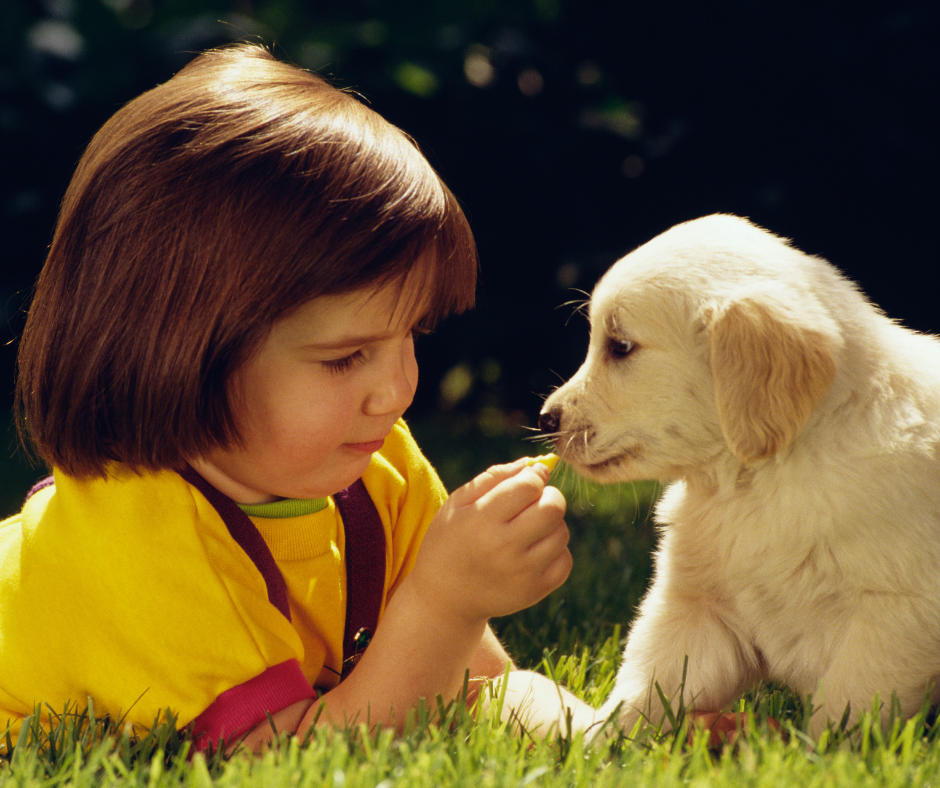How Much Should I Feed my Puppy?
Feeding a puppy is not always as straightforward as it may seem. Some people will have different opinions based on the type of experiences they've had with their dogs, but when you take into account scientific facts about feeding your pup there are some general guidelines that should be followed in order to make sure he or she stays healthy and happy. 
The rule of thumb is usually five percent body weight per day for most puppies who aren't yet eight weeks old; however sometimes orphaned pups might need more care than that because supply can vary widely depending on size.
The best way to tell if your puppy is full is by looking at their stomach. If you see a moderate degree of filling, then stop feeding them and let them digest in peace! But don’t forget that food can upset the digestion process too so make sure not to overfeed or feed without giving emphasis on how they feel about it after eating!
If you want a happy pup with little chance for digestive upsets (like diarrhea), give some thought into assessing when your furry friend has had enough food before continuing on. It's important not just because this will help keep things running smoothly but also because we all know what happens when our tummies are bloated - ickiness ensues which should be avoided as much as possible.
In contrast to adult dogs, puppies need more meals but less often. The frequency of feeding decreases once the age advances and so does their intake volume... or something like that.
Puppies require a lot of attention as they have different needs than mature pets do; for example, while adults can eat massive amounts at one sitting without any consequences (if not eating too much kills you), this is not true for pups who will suffer from digestive distress if overeating occurs on an occasion where it should only happen once every few days instead!
As mentioned or alluded to earlier, puppies and adolescent dogs eat more than the adult dog. Likewise geriatric dogs eat less because of their reduced mobility. However you should restrict protein intake during feeding time for these old guys since it takes them longer to break down foods properly in comparison with younger breeds like beagles and labradors who can digest food quicker due to a faster metabolism rate (or as some say "happier" rates).
